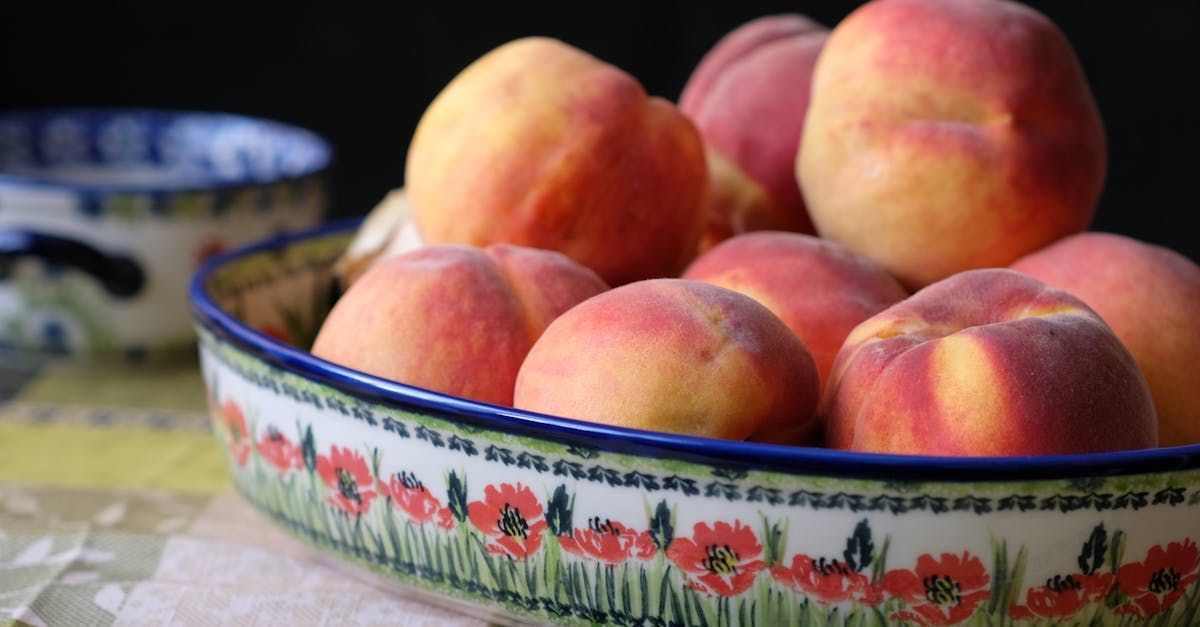Is Organic Food Worth It?
Walking through grocery store aisles, we're faced with choices that impact both our wallets and our wellness. Where organic food was once limited to specialty health stores, it's now readily available in every major supermarket. As a Community focused on making informed health decisions together, we understand the importance of weighing the benefits against the costs. Organic food offers numerous health advantages but typically carries a higher price tag, leading many of us to wonder: Is organic food truly worth the investment? Let's explore this together, understanding the differences, examining why organic foods cost more, and discovering the reasons many in our Community choose organic. With this knowledge, you'll be empowered to make the best choice for your family's needs.
What is Organic Food?
For food to earn the official "organic" label, it must receive USDA certification and meet stringent guidelines. These comprehensive standards address multiple factors: soil quality, sustainable farming practices, animal welfare, pest management, weed control, and the use of additives and preservatives. The requirements prohibit synthetic fertilizers and pesticides for at least three years before harvest, and organic foods cannot be genetically modified. Organic farms prioritize creating healthier ecosystems where animals and crops can flourish naturally, supporting the environment we all share.
What is Conventional Food?
Conventional foods face minimal restrictions regarding chemical use, including fertilizers, pesticides, weed killers, and genetically modified organisms (GMOs). These chemicals help farmers manage soil fertility, pests, and plant diseases efficiently. Conventional food production focuses on meeting high consumer demand in the most cost-effective way possible, often prioritizing efficiency and affordability. While this approach helps keep food prices lower, it raises important questions about health impacts, environmental sustainability, and long-term consequences that our Community carefully considers.
Does Organic Food Have More Health Benefits?
The conversation about whether organic food provides superior nutrition continues to evolve. Research suggests that organic produce may contain higher levels of certain nutrients, including antioxidants and vitamin C, while organic meat and dairy often contain healthier fat profiles. However, the most significant health benefits likely come from reduced exposure to synthetic chemicals and toxins, along with supporting the positive environmental impact of organic farming practices. As Members of a health-conscious Community, we value both the direct health benefits and the broader wellness implications of our food choices.
Reasons to Choose Organic
Our Community Members choose organic food for various meaningful reasons:
- Health Concerns: Many believe organic food supports better health by eliminating synthetic pesticides and fertilizers, reducing chemical residue exposure compared to conventional options.
- Environmental Impact: Organic farming practices promote sustainability and environmental stewardship, emphasizing soil health, biodiversity, and pollution reduction. Community Members concerned about our planet often choose organic to support these practices.
- Animal Welfare: Organic livestock farming maintains higher standards for animal care, including outdoor access and organic feed requirements, appealing to those who value ethical treatment of animals.
- Avoiding GMOs: Organic food is inherently non-GMO, attracting consumers who prefer to avoid genetically modified organisms for health, environmental, or ethical reasons.
- Taste and Quality: Many Members find organic food delivers better taste and superior quality, often due to fresher, seasonal produce and more natural farming methods.
- Chemical Sensitivities: Individuals with sensitivities or allergies to certain chemicals and preservatives often choose organic foods to avoid these substances.
- Support for Local Farmers: Buying organic frequently means supporting small-scale, local farmers practicing sustainable agriculture, fostering stronger connections between our Community and food producers.
- Preventing Antibiotic Resistance: Organic farming restricts antibiotic use in livestock, helping reduce antibiotic-resistant bacteria development, an important public health consideration.
- Holistic Lifestyle: For many Members, choosing organic food represents part of a broader commitment to a natural and holistic lifestyle that values wellness , sustainability, and ethical choices.
Why Doesn't Everyone Buy Organic?
In an ideal world, everyone would have access to exclusively organic food. Unfortunately, practical considerations make this challenging for many families. Organic food typically costs more than conventional alternatives, and understanding why helps us make informed decisions. Organic certification requires significant investment—farmers must document their processes and undergo annual inspections. Additionally, organic farmers rely on manual labor for pest and weed control instead of using cheaper synthetic pesticides. Many Community Members see these higher prices and decide conventional food better fits their budget.
Availability presents another challenge. Conventional food remains more widely available in grocery stores and supermarkets, making it easier to find and purchase. Conventional foods also tend to have longer shelf lives due to preservatives and other treatments, which can appeal to those working to reduce waste and manage food budgets effectively. These practical considerations influence many families' food choices.
"Dirty Dozen" and "Clean Fifteen"
While much information about organic versus conventional food remains debated, two helpful lists remain consistent: the " Dirty Dozen " and the " Clean Fifteen." These valuable resources help our Community Members make strategic decisions about where to invest in organic options and when conventional choices might be acceptable.
The Environmental Working Group (EWG) publishes the "Dirty Dozen" annually, highlighting twelve fruits and vegetables with the highest pesticide contamination when grown conventionally. The current "Dirty Dozen" includes:
- Strawberries
- Spinach
- Kale/Collard/Mustard Greens
- Grapes
- Peaches
- Pears
- Nectarines
- Apples
- Bell and Hot Peppers
- Cherries
- Blueberries
- Green Beans
This list empowers consumers to identify which produce items might warrant organic purchases to reduce potential chemical exposure. If organic versions of these items don't fit your budget, thorough washing and scrubbing before consumption is strongly recommended. While not all residue can be completely removed, careful cleaning can significantly help.
The EWG also publishes the annual "Clean Fifteen" list, featuring items with the lowest pesticide residue. Currently, this list includes:
- Avocado
- Sweet Corn
- Pineapple
- Onion
- Papaya
- Sweet Peas (frozen)
- Asparagus
- Honeydew Melon
- Kiwi
- Cabbage
- Mushrooms
- Mangoes
- Sweet Potatoes
- Watermelon
- Carrots
Final Thoughts
At Knew Health , we believe empowering our Members with knowledge is essential for making informed decisions about health and wellness. The question of whether organic food is worth the investment involves multiple considerations including health benefits, environmental impact, and cost. While organic foods can offer advantages like reduced pesticide exposure and support for sustainable farming practices, they also tend to be more expensive and sometimes less readily available. We support our Members by providing insights and resources that help navigate these choices, finding healthy options that fit individual needs and budgets. Ultimately, the decision to choose organic is deeply personal. Food represents just one piece of the wellness puzzle. By staying informed and making thoughtful choices, you can take control of your health in ways that work best for you, supported by the entire Knew Health Community.
Sources:
"EWG'S SHOPPER'S GUIDE The Clean Fifteen™." EWG , www.ewg.org/foodnews/clean-fifteen.php.
"EWG'S SHOPPER'S GUIDE The Dirty Dozen™." EWG , www.ewg.org/foodnews/dirty-dozen.php.
McEvoy, Miles. "Organic 101: What the USDA Organic Label Means." USDA , 22 Mar. 2012, www.usda.gov/media/blog/2012/03/22/organic-101-what-usda-organic-label-means.
"Organic Foods: Are They Safer? More Nutritious?" Mayo Clinic , 22 Apr. 2022, www.mayoclinic.org/healthy-lifestyle/nutrition-and-healthy-eating/in-depth/organic-food/art-20043880.
"Organic Fresh Produce: The Why Behind the Buy." Organic Produce Network , www.organicproducenetwork.com/article-education/9/other-considerations-in-organic-fresh-produce.










